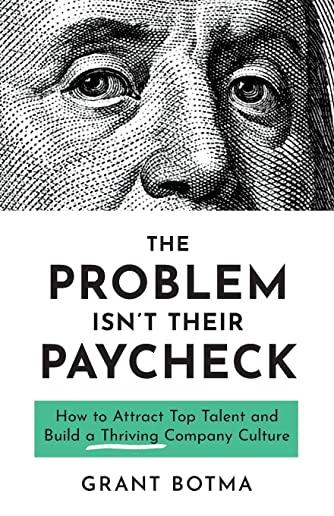
description
7"I'm sorry, but Sorry, Sorry, Sorry means that you no longer have an excuse for delivering anything other than a pitch-perfect apology. Ingall and McCarthy break down thorny questions...with grace and humor." --Peggy Orenstein, bestselling author of Boys & Sex, Girls & Sex, and Cinderella Ate My Daughter It's a truth universally acknowledged that terrible apologies are the worst. We've all been on the receiving end, and oh, how they make us seethe. Horrible public apologies--excuse-laden, victim blame-y, weaselly statements--often go viral instantaneously, whether they're from a celebrity, a politician, or a blogger. We all recognize bad apologies when we hear them. So why is it so hard to apologize well? How can we do better? How could they do better? Marjorie Ingall and Susan McCarthy show us the way. Drawing on a deep well of research in psychology, sociology, law, and medicine, they explain why a good apology is hard to find and why it doesn't have to be. Alongside their six (and a half)-step formula for apologizing beautifully, Ingall and McCarthy also delve into how to respond to a bad apology; why corporations, celebrities, and governments seldom apologize well; how to teach children to apologize; how gender and race affect both apologies and forgiveness; and most of all, why good apologies are essential, powerful, and restorative. A good apology can do so many things--mend fences, heal wounds, and bring more harmony into ourselves and our society at large. With wit, deep introspection, and laugh-out-loud humor, Ingall and McCarthy's guidance will help make the world a better place, one apology at a time.
member goods
No member items were found under this heading.
Return Policy
All sales are final
Shipping
No special shipping considerations available.
Shipping fees determined at checkout.







